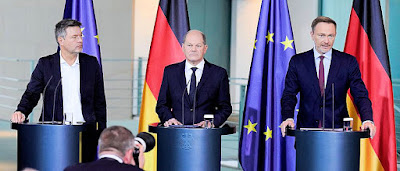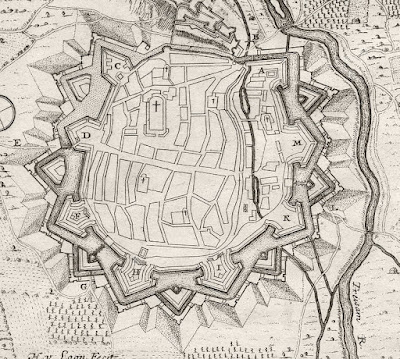1934-1923
A man who secured his place in heaven.
We were shocked when we, Niels' former classmates, received the news that he had passed away on October 14 after a severe operation.

|
|
Martin and his Knaben are peeling potatoes at a school summer camp in Rodenberg (Deister) in 1950. Niels is the boy sticking his head out on the left. |
Bullying* is commonplace nowadays. The word was unknown to us. On the contrary, even the weakest were "pulled along," not just in sports.
*Red Baron experienced bullying at a rural elementary school
Niels was a classmate who always helped and who you could rely on. In my experience, he later perfected helping even in small things.

|
|
On our bicycle tour 2003, we visited Schiller's house in Jena.
Niels and his wife Christa rest on a bench in Schiller's garden. |
Here are some photos. You will find more on
Niels' memorial webpage in
German.
The 2004 class reunion that Christa and Niels arranged in Hamburg was memorable.
The 2004 class reunion that Christa and Niels arranged in Hamburg was memorable.
They had organized an evening reception in their garden, which Niels loved so much. We, his classmates, had brought a small tree as a gift, and he planted it that same evening.

|
At
the 2008 class reunion in Vienna, Niels is struggling with the deboarding Wiener Schnitzel at Figlmüllers.
At the 2014 class reunion, Niels again planted a tree. This time, in the garden of a classmate who had invited the 7KM on a sunny afternoon.
Niels mainly stayed in the back at the 2018 class reunion in Wulksfelde near Hamburg.
His widow Christa invited us to a Niels Memorial Day in
Hamburg on November 17, 2023. It began with a visit to the grave site.

|
| Niels is buried near his aunt. We had brought flowers. |
Over coffee and cake, our classmate Wulf chatted about his special relationship with Niels. He then recited the consoling poem "On a Grave" by Börries von Münchhausen:
|
Je länger du dort bist, Um so mehr bist du hier, Je weiter du fort bist, Um so näher bei mir. Du wirst mir notwendiger, Als das tägliche Brot ist, - Du wirst lebendiger, Je länger du tot bist! |
The longer you are there, The more you are here, The further away you are, The closer you are to me. You become more essential to me, Than is the daily bread - You become more alive, The longer you are dead! |


























